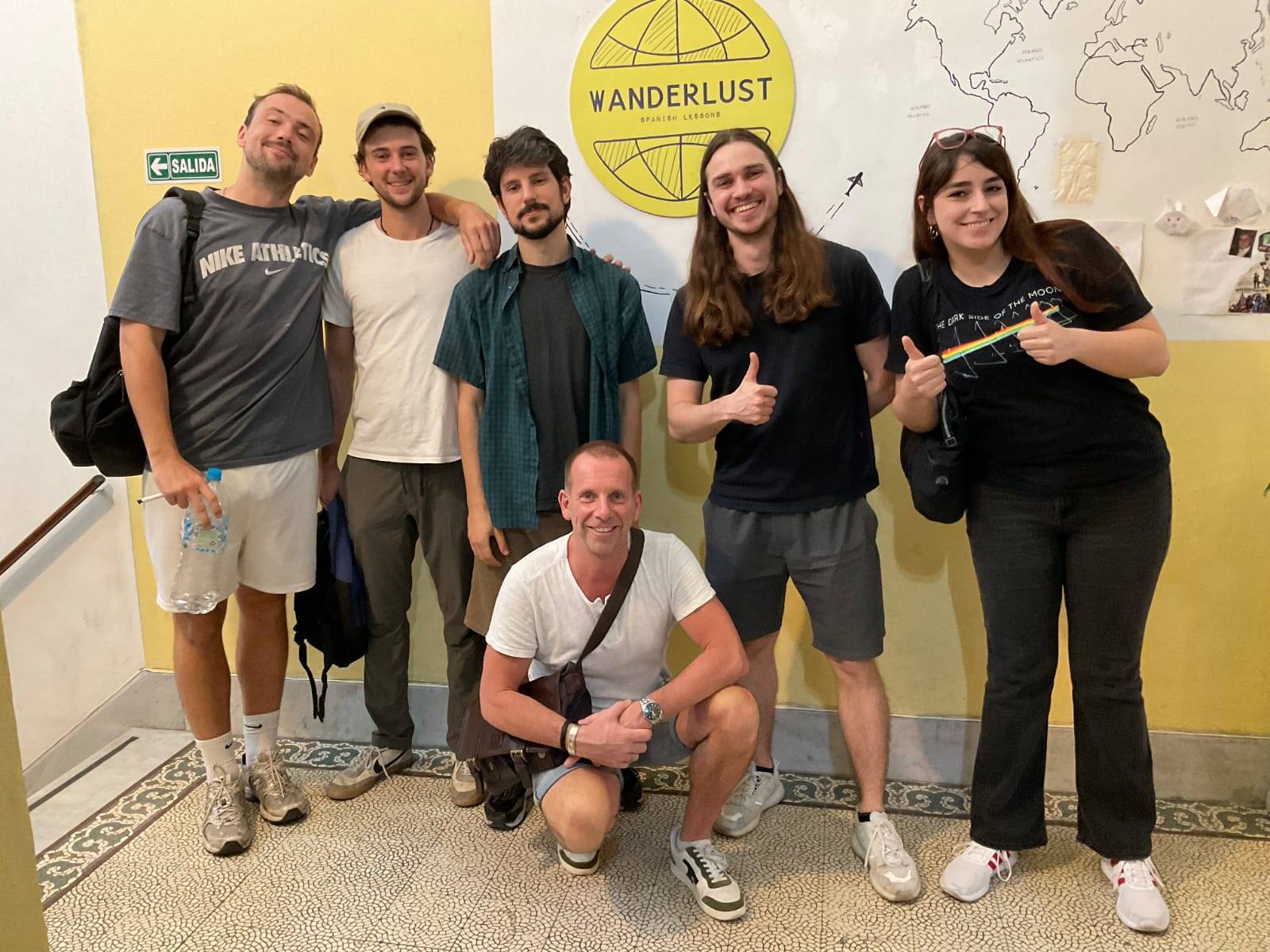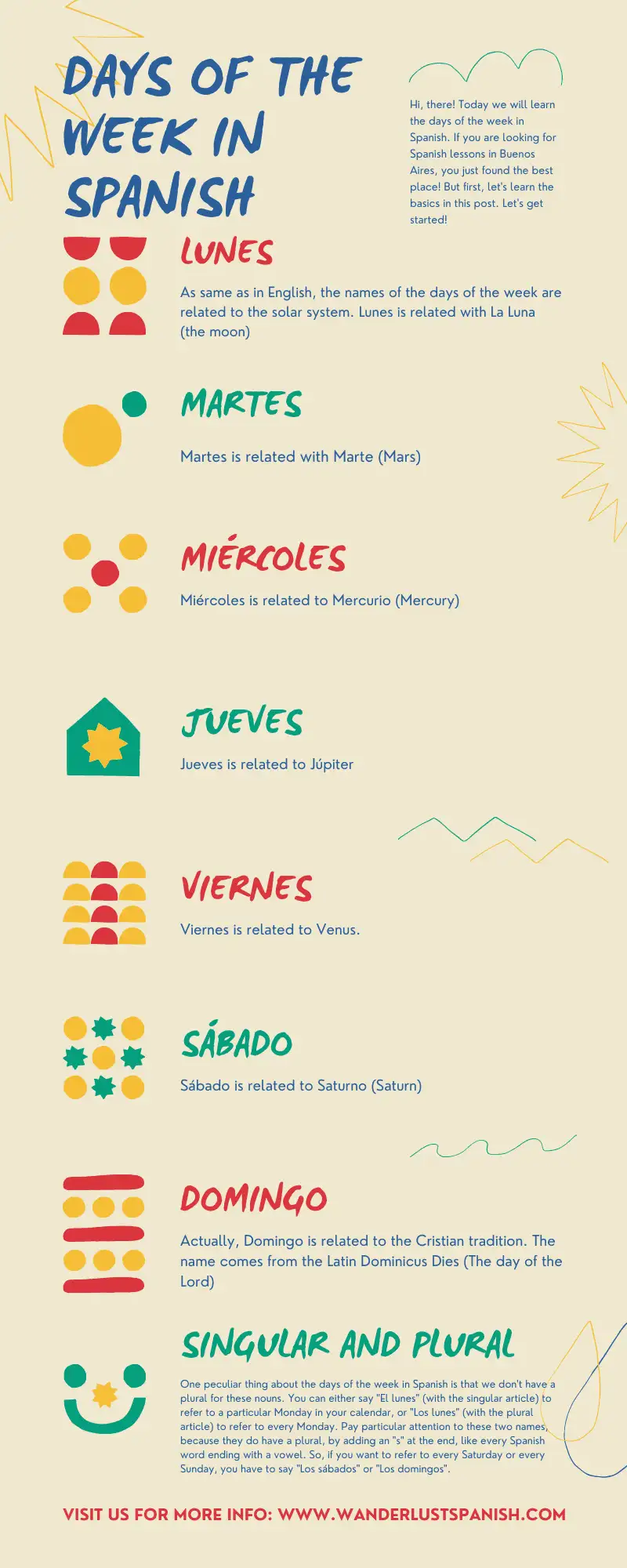Navigating the process of obtaining a student visa can be overwhelming, especially when planning to study abroad in a vibrant country like Argentina. This guide aims to answer the most frequently asked questions about student visas in Argentina, providing you with all the information you need to embark on your educational journey with confidence.
1. What is a Student Visa?
Contents
A student visa is an official document or endorsement added to a passport by the Argentine government, allowing international students to enter and stay in Argentina for the purpose of studying at an accredited institution. This visa grants you legal permission to reside in the country for the duration of your academic program.
The Dirección Nacional de Migraciones (National Directorate of Migration) manages the student visa process in Argentina. There are specific requirements and conditions that applicants must meet, including enrollment in a recognized educational institution, proof of financial stability, and health insurance coverage for the entirety of your stay.
Student visas can be issued for various durations depending on the length of your course, ranging from short-term language studies to full degree programs. Detailed information and application forms can be found on the official Argentine Migration website to ensure you meet all necessary criteria and submit a complete application.
2. Do I need a student Visa to study in Argentina?
Yes, if you are planning to study in Argentina for more than 90 days, you will need a student visa. Short-term courses that last less than 90 days might only require a tourist visa, depending on your nationality. However, for any course longer than this period, a student visa is mandatory.
The student visa ensures you have the legal right to stay in Argentina for the duration of your studies, whether you’re enrolled in a language school, university, or other accredited educational institution. It’s important to check the specific visa requirements based on your nationality, as some countries have bilateral agreements with Argentina that may influence the type of visa needed. For accurate and up-to-date information, refer to the official Argentine Migration website or contact the nearest Argentine consulate or embassy.
3. What types of Student Visas are available in Argentina?
If you’re considering studying in Argentina, it’s crucial to understand the different types of student visas available. Depending on the length and nature of your studies, you’ll need to apply for the appropriate visa to ensure you can legally stay in the country. Here are the two main types of student visas in Argentina
Student Visa for Courses Up to 365 Days
This visa is suitable for students enrolling in courses or programs that last up to one year. It is typically used by exchange students, language learners, and those taking short-term academic courses.
Student Visa for Courses Over 365 Days
For students enrolling in longer academic programs, such as undergraduate or graduate degrees, this visa covers the entire duration of the program and allows multiple entries and exits from the country.
4. How do I apply for a student Visa in Argentina?
The application process for a student visa in Argentina involves several steps:
Step 1: Admission to an Accredited Institution
First, you need to be accepted into a recognized educational institution in Argentina. The institution will provide you with a letter of acceptance or enrollment, which is essential for your visa application.
Step 2: Gather Required Documents
Prepare the necessary documents, which typically include:
- A valid passport with at least six months of validity remaining
- Passport-sized photographs
- The letter of acceptance from the Argentine institution
- Proof of sufficient financial means to support yourself during your stay
- A police clearance certificate from your home country
- Medical insurance covering your stay in Argentina
- A completed visa application form
Step 3: Submit Your Application
Submit your visa application at the Argentine consulate or embassy in your home country. Be sure to check the specific requirements and procedures of the consulate, as they can vary.
Step 4: Attend an Interview
Some consulates may require an interview as part of the application process. Be prepared to answer questions about your study plans and your reasons for choosing Argentina.
Step 5: Wait for Processing
Visa processing times can vary, so it is advisable to apply well in advance of your intended departure date. Once your visa is approved, you will receive a visa sticker in your passport.
5. What are the requirements for maintaining a Student Visa?
To maintain your student visa status in Argentina, you must:
- Remain enrolled in an accredited institution
- Attend classes regularly and make satisfactory academic progress
- Not engage in unauthorized employment
- Renew your visa if your course extends beyond the initial visa period
Failure to comply with these requirements can result in the cancellation of your visa and potential deportation.
6. Can I work while studying in Argentina?
Yes, international students on a student visa are allowed to work part-time in Argentina. However, there are restrictions:
- You can work up to 20 hours per week during the academic term.
- Full-time work is permitted during vacation periods.
- Your employment should not interfere with your studies.
To work legally, you will need a work permit in addition to your student visa.
7. How do I extend my Student Visa?
If your course extends beyond the duration of your initial student visa, you will need to apply for a visa extension. The process involves:
- Submitting a new visa application form
- Providing an updated letter of enrollment from your institution
- Showing proof of continued financial support
- Paying the applicable fees
Extensions should be applied for before your current visa expires to avoid any legal issues.
8. What happens if my Visa application is denied?
If your student visa application is denied, you should receive a detailed explanation from the consulate. Common reasons for denial include insufficient documentation, lack of financial means, or security concerns. You may reapply after addressing the issues that led to the denial or seek legal advice if necessary.
9. Can I travel outside Argentina with a Student Visa?
Yes, a student visa allows for multiple entries and exits from Argentina. This means you can travel to other countries and return to Argentina without needing a new visa. However, make sure your visa and passport are always valid when re-entering the country.
10. What are the benefits of a Student Visa in Argentina?
Cultural Immersion
Studying in Argentina offers a unique cultural experience. You will have the opportunity to immerse yourself in Argentine culture, improve your Spanish language skills, and build international connections.
Access to Quality Education
Argentina is home to numerous prestigious universities and institutions that offer high-quality education across various fields of study.
Travel Opportunities
With a student visa, you can explore the diverse landscapes and cities of Argentina, from the bustling streets of Buenos Aires to the stunning natural beauty of Patagonia.
Networking and Career Prospects
Studying in Argentina can open doors to networking opportunities and enhance your career prospects both locally and internationally.
11. What should I know about health insurance?
Health insurance is a mandatory requirement for obtaining a student visa in Argentina. You must have medical insurance that covers you for the entire duration of your stay. This ensures that you have access to healthcare services in case of illness or injury.
12. How do I open a Bank Account in Argentina?
To open a bank account in Argentina, you will typically need:
- Your passport and student visa
- Proof of address (such as a utility bill or rental agreement)
- A tax identification number (CUIL or CDI)
- A letter from your educational institution confirming your enrollment
Opening a bank account can help you manage your finances more efficiently and avoid high international transaction fees.
13. What is the cost of living in Argentina?
The cost of living in Argentina can vary depending on the city and your lifestyle. On average, students can expect to spend between $500 and $1,000 per month on accommodation, food, transportation, and other expenses. Buenos Aires, being the capital, tends to be more expensive than other cities.
14. Can my family accompany me to Argentina?
Yes, your immediate family members (spouse and children) can accompany you to Argentina. They will need to apply for dependent visas. It is important to demonstrate sufficient financial means to support your family during their stay.
15. What are the key differences between student and tourist Visas?
Purpose of Stay
- Student Visa: Issued for the purpose of studying at an accredited institution.
- Tourist Visa: Issued for short-term visits, such as tourism, family visits, or business meetings.
Duration
- Student Visa: Valid for the duration of the academic program, with options for extension.
- Tourist Visa: Typically valid for 90 days, with limited extension possibilities.
Rights and Restrictions
- Student Visa: Allows for part-time work and multiple entries and exits.
- Tourist Visa: Does not permit work and may have restrictions on re-entry.
Documentation
- Student Visa: Requires proof of enrollment, financial means, and health insurance.
- Tourist Visa: Requires proof of travel plans, accommodation, and financial means for the visit.
Conclusion
Obtaining a student visa in Argentina is a crucial step for international students planning to study in this vibrant country. Understanding the process, requirements, and benefits can help you navigate the application smoothly and focus on your academic and cultural experience. Whether you are enrolling in a short-term language course or pursuing a long-term degree, Argentina offers a rich environment for learning and personal growth. At Wanderlust Spanish School, we are here to support you every step of the way, ensuring that your journey to studying in Argentina is as seamless and rewarding as possible.









